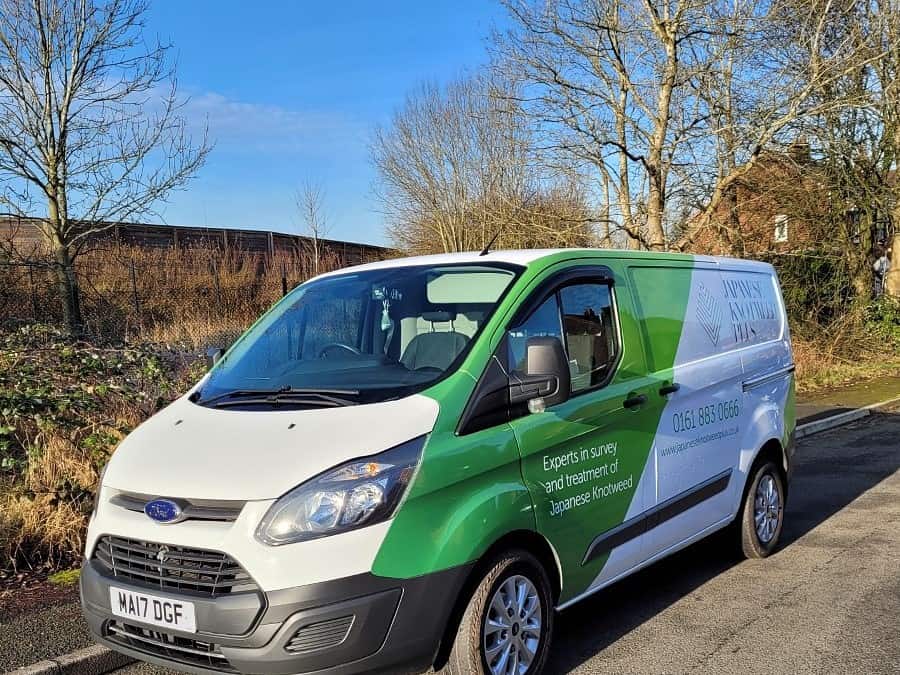Removing Japanese knotweed
The responsibility for removing Japanese knotweed can be complex and depends on various factors.
Property ownership is the first and foremost factor. If an individual owns the property, they are responsible for removing the invasive species from their garden. Suppose the plant is growing on public lands such as parks or roads. It becomes the responsibility of the government agency or municipality to manage it. Local laws and regulations also play a crucial role in determining who is responsible for removing the plant. In some cases, the property owner may be required to remove the plant if it affects neighbouring properties. It is always advisable to check with the local authorities to understand the specific laws and regulations. And the steps needed to be taken to remove Japanese knotweed
The responsibility for removing Japanese knotweed from a garden can depend on several factors, such as the property’s ownership and the laws and regulations in the area.
If you own the property, you are responsible for managing the Japanese knotweed on your property. Suppose the plant is causing damage to neighbouring properties or affecting public spaces. Local authorities may require you to take action to remove it.
Please be aware that if the plant grows on public land, such as a park or road, the relevant government agency manages it.
Additionally in many cases, there may be specific laws or regulations that dictate who is responsible for removing Japanese knotweed. It’s best to check with your local government. So you can determine who is responsible for removing the plant in your area.
The responsibility for removing Japanese knotweed can be complex and depends on several factors, including:
- Ownership of the property: If you own the property where the Japanese knotweed is growing, it is your responsibility to manage the plant. This means you need to take steps to remove it and prevent it from spreading to other areas.
- Local laws and regulations: Different regions and countries may have different rules and regulations regarding managing invasive species like Japanese knotweed. For example, some countries require property owners to take action to remove the plant, while others may allow it to remain on the property as long as it does not cause harm to others.
- Public spaces: If Japanese knotweed grows on public land, such as a park or road, the relevant government agency or municipality is responsible for managing it.
- Neighbours: If the Japanese knotweed is affecting neighbouring properties, the property owner may be required to take action to remove it. In some cases, neighbours may work together to remove the plant from both properties.
We cannot stress the important to check with your local government or relevant authorities. you must determine who is responsible for removing Japanese knotweed in your area, and what steps you need to take to comply with the applicable laws and regulations.
Removing Japanese knotweed from your property can be challenging
Due to its persistent and aggressive growth habit. Japanese knotweed has an extensive root system that can reach depths of up to 10 feet, making removing it difficult. The plant can also regrow from tiny fragments of root material left in the soil. Making it essential to remove as much of the root system as possible.
In many countries, there are legal restrictions and regulations regarding removing and disposing Japanese knotweed. It is considered invasive and can spread to adjacent properties and natural areas. In some cases, professional removal services may be required. It may be necessary to obtain permits or follow specific procedures to remove the plant properly.
In addition, there may be environmental regulations governing restrictions on the use of certain chemicals or other control methods in residential areas. So, it is important to check with local authorities before attempting to remove Japanese knotweed on your property.
If you require any information regarding removing Japanese Knotweed, feel free to call Stephen, are experienced PCA-accredited surveyor , on 07753682333
